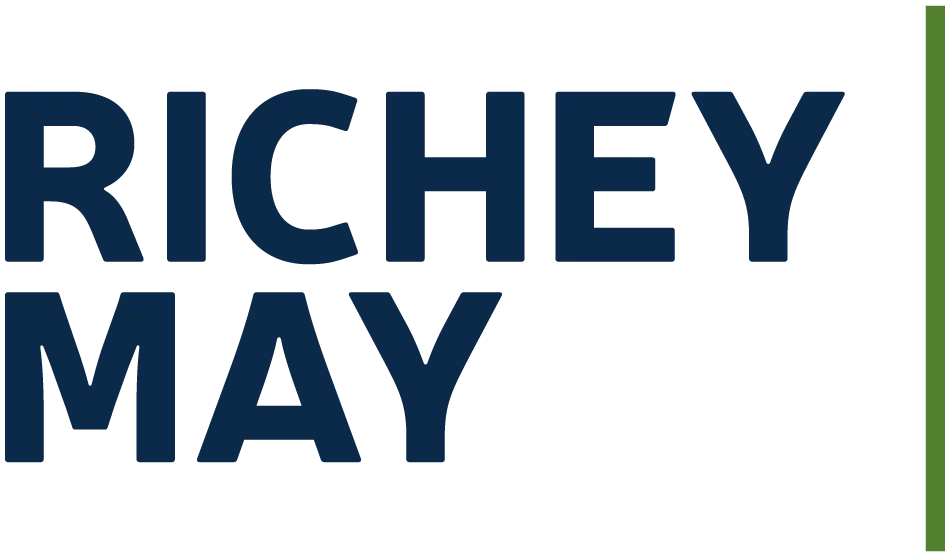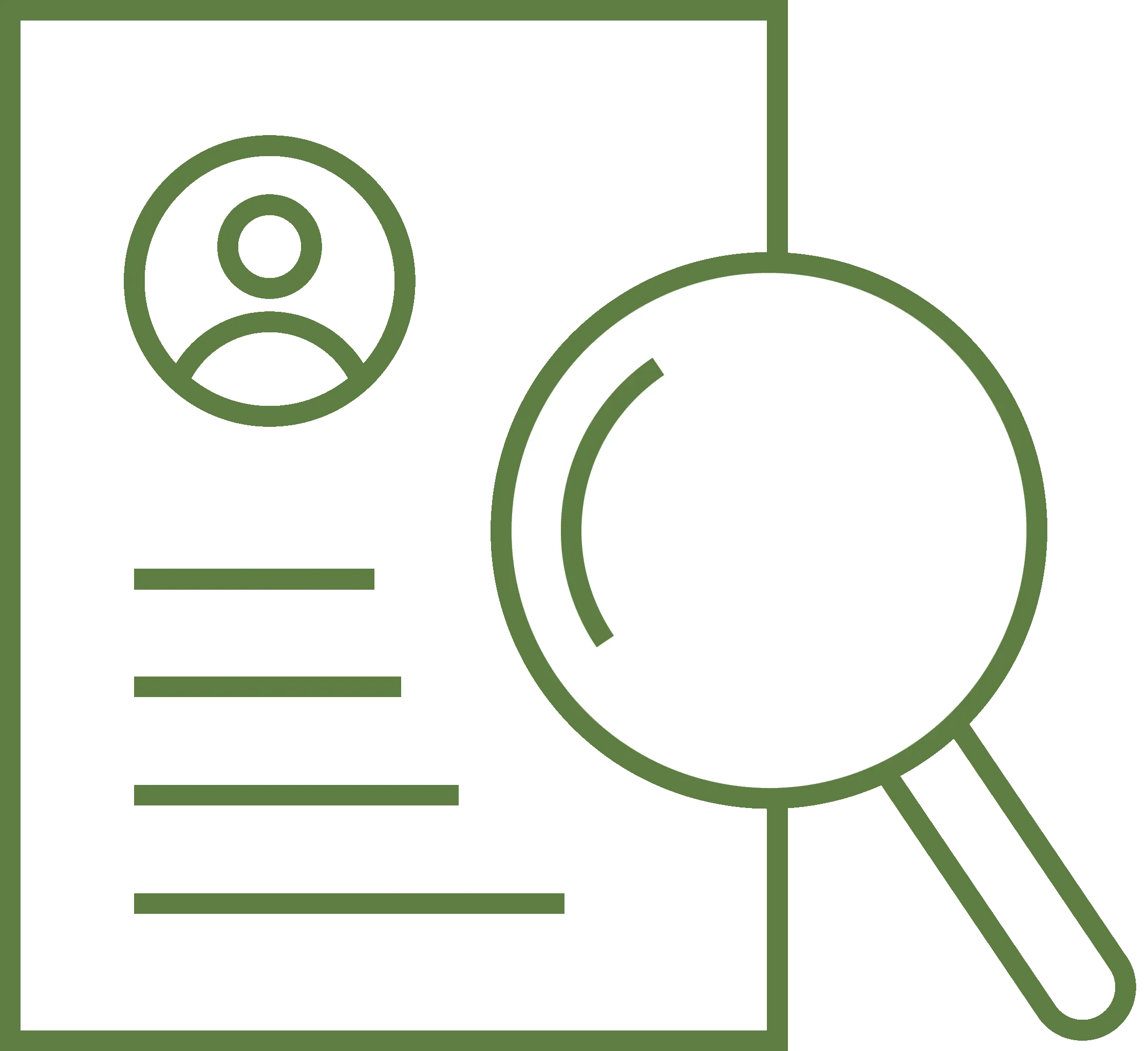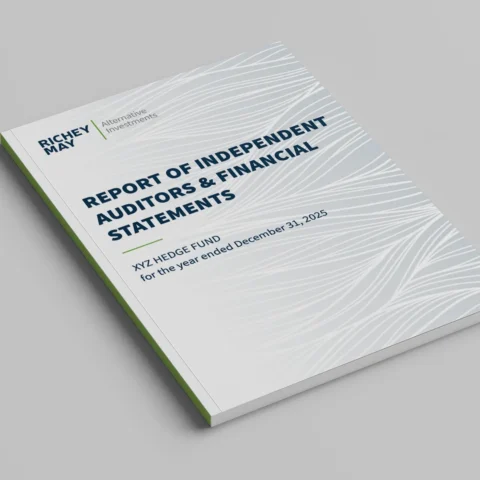On June 3, 2020 the Senate approved HR bill 7010, also referred to as the Paycheck Protection Program Flexibility Act of 2020, which is intended to provide clarity and to supplement rules related to the Paycheck Protection Program (PPP) put in place earlier this year. It was signed into law by President Trump on June 5th.
When the PPP was first enacted into law, the thought was that this pandemic of COVID-19 would fade away and businesses would be resuming normal operations in eight weeks. As we now know, this is not the case and this will carry on for a period longer than most anticipated. The Paycheck Protection Program Flexibility Act of 2020 changed the maturity of the PPP loans to five years, instead of the initial two years, for any amounts not forgiven for new borrowers. Lenders that made loans prior to this Act can, but are not required to, modify the existing loans.
The Paycheck Protection Program Flexibility Act of 2020 has now given borrowers who received a loan before this Act the option of eight weeks or the earlier of 24 weeks or December 31, 2020, and new borrowers the earlier of 24 weeks or December 31, 2020 to restore their salaries and workforce to levels at February 15, 2020 to be eligible for loan forgiveness. The extension of time will allow more businesses to receive greater loan forgiveness. In addition to an extension of time, this Act has reduced the requirement of spending 75% on payroll to 60% in order to maintain forgiveness eligibility. If a borrower uses less than 60 percent of the loan amount for payroll costs during the forgiveness covered period, the borrower will continue to be eligible for partial loan forgiveness, subject to at least 60 percent of the loan forgiveness amount having been used for payroll costs. This means that the partial forgiveness would be the amount of eligible covered payroll incurred in the 24 week period divided by 60% if less than 60% of the loan proceeds were used for payroll costs. The remaining 40% can be used for interest on any covered mortgage obligation, covered rent, or any covered utility payment, but if this percentage is higher than 40% it will result in less than full forgiveness. Prepayments are not allowed.
Employers will still be eligible for loan forgiveness even if the employer is unable to return to the same number of full-time employees as of February 15, 2020, if in good faith, they do the following:
- Document
- an inability to rehire individuals who were employees of the eligible recipient on February 15, 2020; and
- an inability to hire similarly qualified employees for unfilled positions on or before December 31, 2020; or
- is able to document an inability to return to the same level of business activity as such business was operating at before February 15, 2020, due to compliance with requirements established or guidance issued by the Secretary of Health and Human Services, the Director of the Centers for Disease Control and Prevention, or the Occupational Safety and Health Administration during the period beginning on March 1, 2020, and ending December 31, 2020, related to the maintenance of standards for sanitation, social distancing, or any other worker or customer safety requirement related to COVID–19.
Employers that have, or will get, a PPP loan are now allowed to delay the employer portion of payroll taxes regardless of PPP loan forgiveness for wages paid after March 27, 2020 and before January 1, 2021. Employers can defer their liability of 2020 Social Security taxes and pay half the liability by December 31, 2021, and the other half by December 31, 2022.
The initial payment of the PPP loan was to begin 6 months after the loan commenced. The Paycheck Protection Program Flexibility Act of 2020 now gives borrowers more flexibility. Should any of a covered loan be forgiven, payments will commence when a request of forgiveness is submitted to the lender (as determined under Section 1106 of the CARES Act). If none of the loan is forgiven, or if the borrower fails to request forgiveness within 10 months, then payments shall commence no sooner than 10 months after the covered period.
If you have any comments or questions about the PPP Flexibility Act or the Paycheck Protection program, contact us. You can also refer to our guide of all the stimulus programs related to COVID-19.





